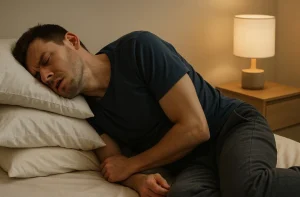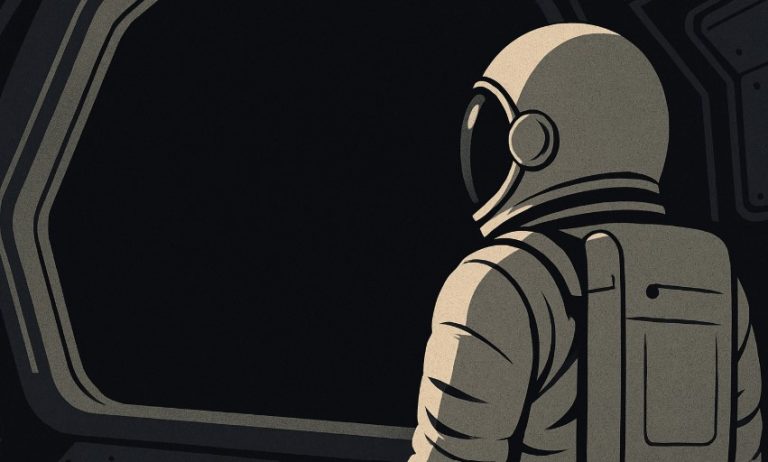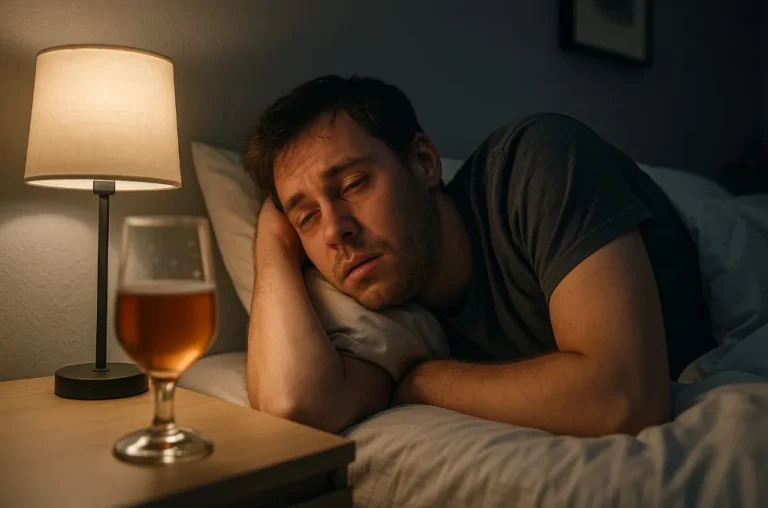Waking up with a headache can feel frustrating, especially when mornings should bring energy and clarity. For some, the discomfort is an occasional annoyance, while for others, it becomes a daily struggle.
So, why does this happen? Morning headaches may point to disrupted sleep, lifestyle factors, or underlying health conditions that need attention.
What are the common causes of waking up with headaches?

Morning headaches can stem from several issues, often overlapping in daily life. The most frequent causes include:
- Sleep disorders: Conditions such as sleep apnoea where breathing stops and starts repeatedly, can limit oxygen to the brain, causing headaches upon waking. Insomnia or fragmented sleep may also lead to morning tension headaches.
- Dehydration: A lack of fluids throughout the day can leave the body mildly dehydrated overnight, resulting in a dull headache in the morning.
- Poor sleep posture: Sleeping with the neck twisted or on an unsupportive pillow may strain muscles, leading to tension pain on waking.
- Stress and anxiety: Emotional tension often carries into physical form. Tightened muscles around the neck and scalp during stressful nights can trigger headaches.
- Bruxism (teeth grinding): Many people unknowingly clench their jaw or grind teeth while asleep, creating jaw strain that radiates into morning headaches.
- Caffeine withdrawal: For those accustomed to regular coffee or tea, the overnight absence can trigger withdrawal symptoms, including headaches.
- Medication overuse: Ironically, using too many painkillers can lead to rebound headaches. As medication wears off overnight, the head pain returns in the morning.
How does dehydration contribute to headaches after sleep?
Even mild dehydration affects the way the body and brain function. Water plays a crucial role in maintaining blood volume, regulating body temperature, and delivering oxygen to tissues.
When the body does not receive enough fluids, the blood becomes slightly thicker, and circulation slows. The brain, which is highly sensitive to oxygen changes, often responds with pain signals that are experienced as headaches.
Dehydration-related morning headaches are particularly common among those who:
- Drink very little water during the day
- Consume alcohol in the evening
- Sweat excessively at night due to warm rooms or bedding
Correcting hydration is often one of the simplest yet most overlooked ways to reduce morning headaches. Aiming for regular water intake throughout the day and drinking a small glass before bed can make a significant difference.
Can poor sleep posture be responsible for morning headaches?

The position of the body during sleep directly affects muscle health and circulation. Sleeping without proper neck and spinal support places strain on the muscles and joints, particularly around the shoulders and upper back. Over several hours, this strain develops into tension that translates into head pain when the person wakes.
For example, those who sleep with their head elevated too high on multiple pillows may find that their neck remains bent at an awkward angle all night.
Others who sleep on the stomach may twist the head to one side for extended periods, compressing muscles and nerves. Both situations can result in headaches that are most noticeable upon waking.
Using an ergonomic pillow that keeps the neck aligned with the spine, along with a supportive mattress, can help prevent posture-related morning headaches.
Why do stress and anxiety often cause morning headaches?
Stress is not confined to waking hours. When a person goes to bed worried, their body may remain in a heightened state of tension. Muscles in the scalp, neck, and shoulders contract in response to emotional strain, and this prolonged tension often manifests as a headache during the night or early morning.
Stress also contributes to habits such as teeth grinding or clenching the jaw, which directly cause morning headaches. Furthermore, anxiety can make it difficult to fall asleep or stay asleep, lowering sleep quality and indirectly increasing the risk of headaches.
Managing stress before bed through meditation, gentle stretching, or deep breathing exercises can help reduce the likelihood of waking with pain.
What medical conditions are linked to morning headaches?
While many causes of morning headaches are lifestyle-related, certain medical conditions also play a role. Migraines are a common example, with some sufferers experiencing attacks in the early hours of the morning due to changes in sleep cycles or hormonal fluctuations.
Cluster headaches, though less common, are another example, often waking people from sleep with severe, stabbing pain around one eye.
High blood pressure is another important factor. Elevated blood pressure, particularly if uncontrolled, can trigger headaches during the night or early morning. Sinus problems, whether due to allergies, infections, or chronic sinusitis, can also produce morning headaches by causing pressure build-up while lying down.
In rare cases, persistent morning headaches may be associated with more serious conditions such as brain tumours. While these are uncommon, they highlight the importance of seeking medical advice when headaches are frequent or severe.
How do caffeine, alcohol, and medications affect morning headaches?

Caffeine acts as both a potential trigger and a solution. Those who consume large amounts during the day may disrupt their sleep, making headaches more likely. Yet for regular users, going without caffeine overnight can cause withdrawal headaches that appear first thing in the morning.
Alcohol is another substance with dual effects. While it may initially make falling asleep easier, it disrupts the deeper stages of sleep and causes dehydration, both of which are linked to morning headaches.
Medications can also contribute. Overusing painkillers often leads to what is known as a medication-overuse headache.
As the effects of the drug wear off overnight, the body responds with withdrawal symptoms, including headaches. Some prescription medications also list headaches as a side effect, which should be discussed with a healthcare provider.
When should someone seek medical advice for morning headaches?
Occasional morning headaches may be caused by dehydration, stress, or a poor night’s sleep and may not be a cause for concern. However, regular or severe headaches require medical attention. A consultation is particularly important if the headaches:
- Occur most mornings over several weeks
- Are worsening in intensity or frequency
- Are accompanied by nausea, vomiting, or vision problems
- Occur alongside diagnosed conditions such as high blood pressure or sleep disorders
A doctor may recommend diagnostic tests to uncover the root cause. These could include blood tests to rule out underlying conditions, sleep studies for suspected apnoea, or neurological examinations if migraines or other brain-related issues are suspected.
How can morning headaches be prevented?

Prevention begins with identifying the underlying cause. For some, improving sleep quality is enough, while others may need medical treatment.
Helpful strategies include maintaining a regular sleep schedule, creating a quiet and dark sleeping environment, drinking enough water, and limiting caffeine and alcohol intake. Stress management techniques such as yoga, mindfulness, and regular exercise can also reduce the frequency of morning headaches.
Dental treatment, such as a night guard, may be necessary for those who grind their teeth, while individuals with diagnosed sleep disorders like apnoea may benefit from medical devices that improve breathing during sleep.
By combining lifestyle changes with medical guidance where necessary, most people can reduce or even eliminate their morning headaches.
Conclusion
Morning headaches should never be dismissed as a minor nuisance, especially when they occur regularly. They may be the body’s way of signalling poor sleep habits, dehydration, stress, or medical conditions such as migraines or high blood pressure.
Taking a closer look at hydration, posture, caffeine use, stress levels, and medication can provide valuable clues. For persistent or severe cases, seeking professional medical advice is essential. With the right changes, mornings can shift from being a painful struggle to a refreshing start.
FAQs about morning headaches
Can dehydration alone explain frequent morning headaches?
Yes, dehydration is one of the most common and easily overlooked causes of waking up with headaches.
Are morning headaches always linked to sleep problems?
Not always. While poor sleep quality and sleep disorders are common causes, other factors such as stress, caffeine withdrawal, and high blood pressure also contribute.
Why do migraines often occur in the morning?
Migraines are sensitive to changes in sleep cycles and hormones, which often fluctuate during the early morning hours.
Can grinding teeth really cause headaches after sleep?
Yes, bruxism places pressure on the jaw and facial muscles, leading to tension headaches that appear in the morning.
Is it normal to experience headaches after drinking alcohol the night before?
Yes. Alcohol dehydrates the body and disrupts sleep quality, both of which contribute to morning headaches.
Should someone with high blood pressure worry about morning headaches?
Yes, as high blood pressure is a recognised cause of headaches and should be carefully managed with professional guidance.
When is a headache in the morning considered serious?
If headaches are severe, persistent, or accompanied by other neurological symptoms such as blurred vision, confusion, or loss of balance, immediate medical evaluation is advised.






